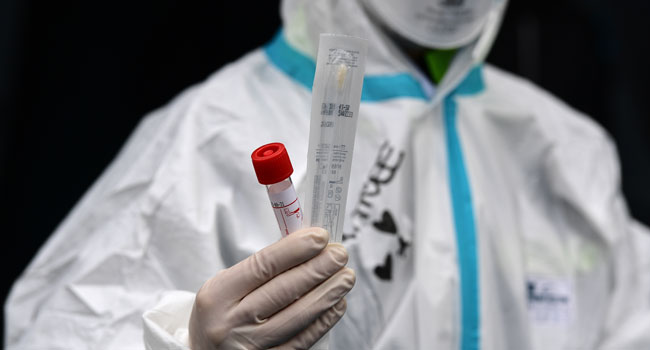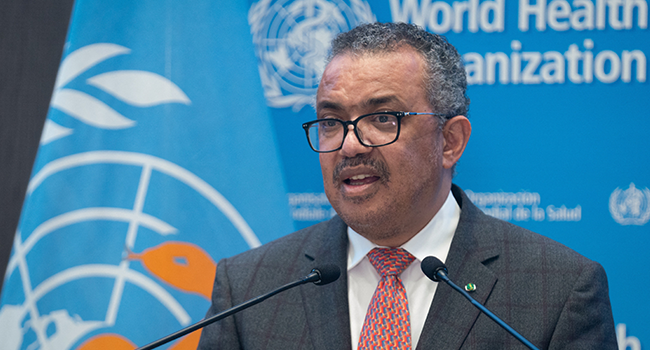
A four-month-old baby who had been battling the COVID-19 in Kaduna State has recovered.
The state Ministry of Health confirmed this on Saturday, noting that the baby has been discharged from the isolation center after testing negative for the virus.
Giving an update on the situation in the state the Commissioner for Health, Dr Amina Baloni, said there were still 76 active cases, as of Friday, May 29.
She also said that 149 out of the total number of 232 COVID-19 cases reported in the state have been discharged, while seven deaths have been recorded.
According to the commissioner, the state has tested almost 2,000 samples so far. She, however, warned that number of cases are likely to rise further as more tests are conducted.
“COVID-19 cases have been recorded in 33 wards in nine local government areas of the state: Chikun, Giwa, Igabi, Kaduna North, Kaduna South, Makarfi, Sabon-Gari, Soba and Zaria. The data shows that 80% of the infected persons are male,” she said.
Meanwhile, Baloni also revealed that the state has taken delivery of a mobile testing truck a few days ago, and it awaits the delivery of equipment that will enable the mobile truck and 12 GeneXpert machines spread across several general hospitals to increase the testing capacity in the state.
She warned residents to avoid interstate travel, even as health officials engage in vigorous contact tracing to contain the spread of the infections.
“The Ministry has further stepped up active case searching and testing in communities to stem secondary infections,” she said.




